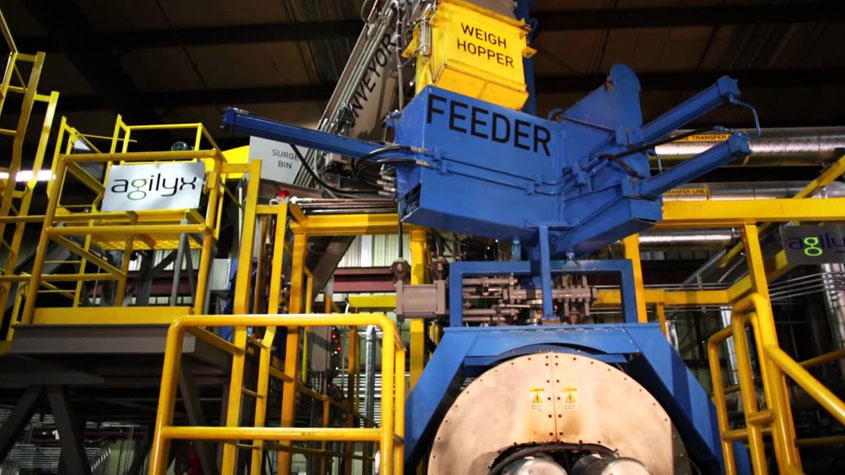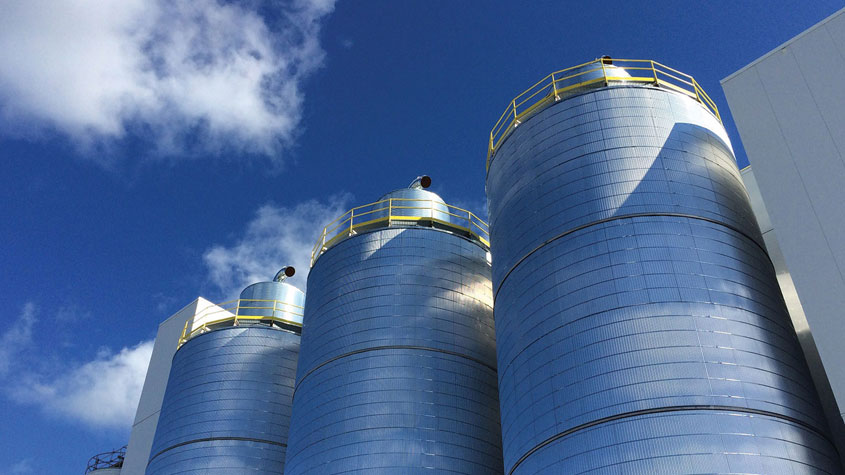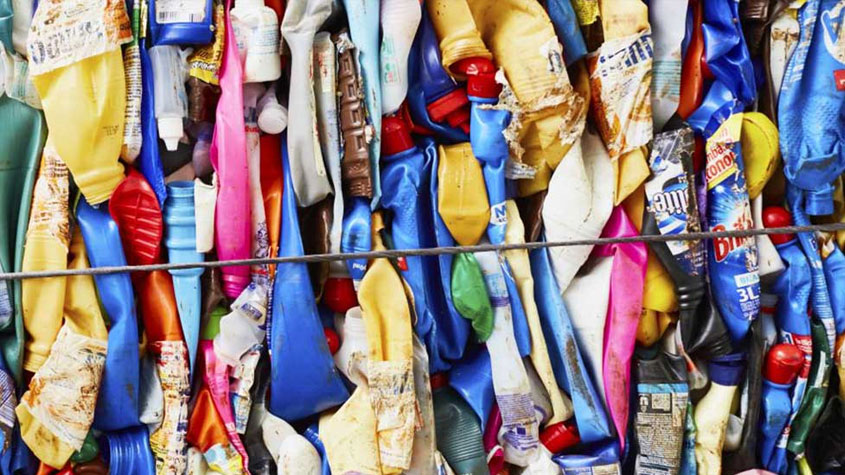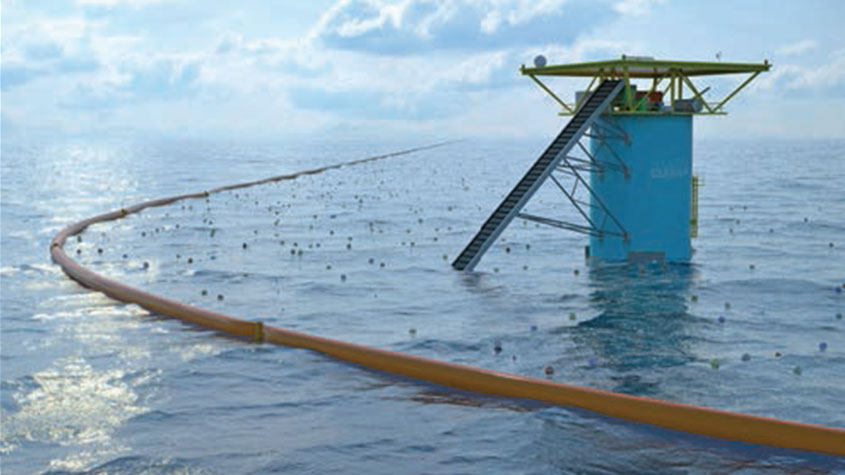5 trends in mechanical process engineering
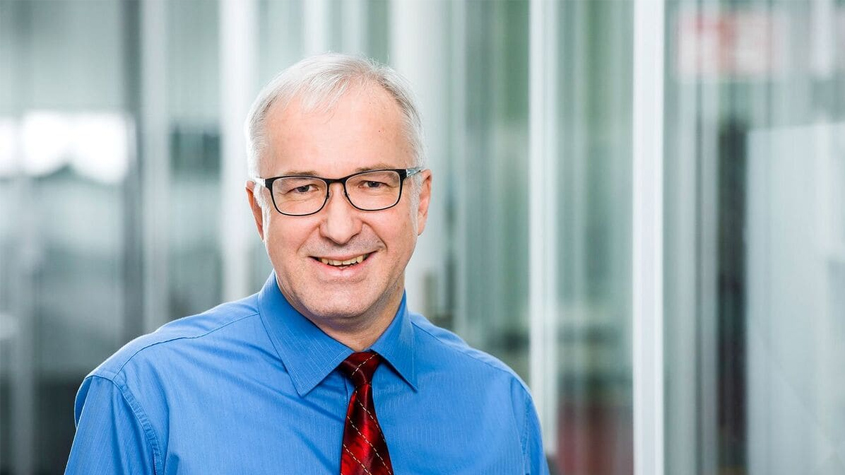
New technologies, changed requirements in production and ever more frequent product changes, but also more strict specifications with regard to occupational and environmental protection are significantly changing many production processes. Five trends in mechanical process engineering show this by way of example.
Process intensification
Forward-looking technologies in process technology rely on process intensification and thus efficient use of the time, energy and raw materials used in a process. When mixing and dispersing with new optimised processes, the differences with regard to required energy, volume-specific capacity or newly created phase boundaries compared to conventional technologies such as agitators, injectors or High Speed Dissolvers are significant.
With the YSTRAL Conti-TDS disperser from the mixing and dispersion technology specialist ystral, which is operated outside of the vessel, the processes of wetting and dispersing for example are concentrated in one dispersing zone with an effective volume of only approx. a quarter of a litre. Compared to a High Speed Dissolver operated inside the vessel, the disperser generates approx. 30,000 times higher volume-specific power. This concentrated power is crucial for successful dispersion. Using a rotor-stator system, the Conti-TDS also builds up shear forces at the same time that are a thousand times higher. The dwell time is extremely short, so that only a fraction of the energy is needed compared to the High Speed Dissolver.
Pollution-free process control
New findings with regard to health hazards when handling powders and liquids, more rigorous specifications concerning occupational safety, growing hygiene demands and last but not least the use of sensitive electronics increasingly make process control that is free from dust, gas and fumes a must-have.
Particularly for mixtures of dust and fumes, conventional technologies cannot rule out health hazards for the operator, as the powder materials are added to the liquid surface in the vessel in an open process. Health hazards and risks can be avoided with powder induction systems in which the powders are not added to the liquid surface from the top in an open vessel, but are inducted directly into the liquid dust-free.
Less or no biocides
Manufacturers of very different industries have set themselves the objective to reduce biocides in their products or completely avoid them – for many different reasons, i.e., because the handling of biocides is critical or because they are accompanied by undesirable effects in the end product. Giving up the use of biocides is possible, if the product in the production process is not contaminated with germs – particularly germs from the ambient air.
With ystral processes, powder and liquid components are added in a closed circuit. The interior of the process vessel is sealed off against the ambient air by means of sterile filters. This way, lotions, shampoos or baby care products can be produced completely without preservatives.
Flexible modularisation in process technology – up to machine level
In light of variable requirements, variable batch sizes and ever more frequent product changes, a flexible machine and plant design is becoming increasingly important. Manufacturers must be able to produce a large number of product versions and newly developed products order- and user-oriented. Whilst with a rigid design, machines and plants must be replaced completely in case of a process change, with modular systems, selective adaptations are sufficient.
With systems from ystral, physical modules, but also control modules are flexibly combined in line with the modular principle, and can be adapted and extended in accordance with the requirements. On machine level, ystral uses conversion sets consisting of few parts, to adapt a universal basic machine to new requirements.
Twin Tank instead of Single Tank
A twin tank plant is suited to continuous production of a product: While production takes place in one vessel, the finished product is pumped out in the second vessel. As soon as this vessel is empty, the switch occurs. But the twin tank principle is also used at ystral for increasing the plant capacity, as the YSTRAL Conti-TDS disperser is only used for powder induction and dispersing, but it is not required for other process steps such as rinsing, filling and pumping out. Due to the alternating use of the Conti-TDS on two identical process vessels, the downtimes of the machine can be minimised. With the twin tank concept, ystral achieves an increased system efficiency by up to 100% with minimum additional space requirement – only a second identical process vessel, which is connected to the disperser by a pipe, is required with the Jetstream Mixer.
Trends do not always just point in one direction in process technology
The changes in process technology are varied, and do not always just point in one direction: While for example, for certain applications or industries such as the pharmaceutical industry, the development is towards a reduction in batch sizes, other industries are changing rather in direction of larger output quantities and continuous inline processes. Independent of this, in future those solutions in terms of process technology will prevail which enable decreased production costs, shorter production times, improved plant efficiency, lower energy consumption and more efficient use of raw materials.

Dr.-Ing. Hans-Joachim Jacob
Senior Expert Process and Applications, ystral
born in 1961, is Process Engineer at ystral gmbh maschinenbau + processtechnik in Ballrechten-Dottingen (Germany). He studied mechanical engineering at TU Dresden and also received a PhD there.
About ystral
The German machine and plant manufacturer ystral designs and manufactures highly efficient mixing, dispersing and powder wetting machines as well as process systems. Technologies from ystral are used worldwide in the chemical, pharmaceutical, coatings & inks, foodstuffs, home and personal care as well as battery production industries.
KraussMaffei showcases pioneering Additive Manufacturing solutions at formnext
precisionPrint stereolithography 3D printer show smultilaser-technology for series product…

